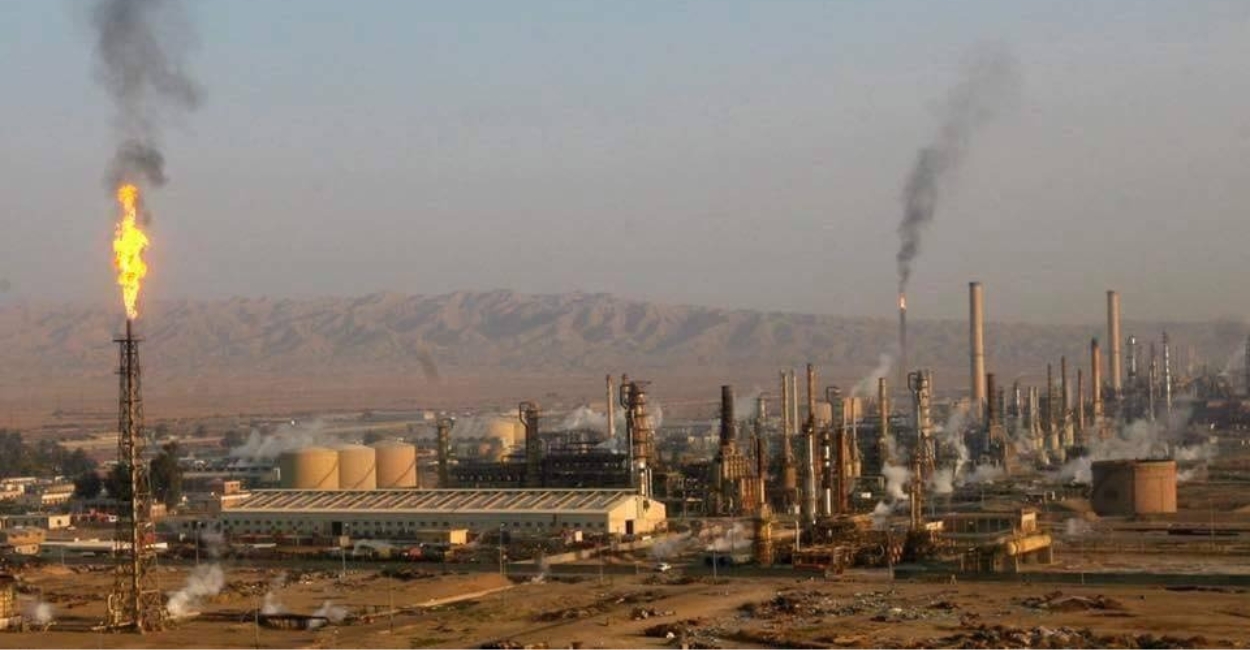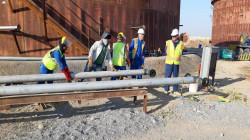Cancer cases soar in Iraqi district amid industrial and oil waste concerns

Shafaq News / Residents of Baiji, a district in northern Saladin governorate, are raising alarm over a surge in cancer cases believed to be linked to industrial and oil waste contamination in the region. Government officials are now underlining the need for urgent action to tackle this pressing issue.
Official figures and data indicate a staggering count of over 2,500 reported cancer cases across various areas of Baiji.
The district’s administrator, Mohammed Mahmoud al-Jubouri attributed the rising health concerns to "contaminated drinking water resulting from waste discharged by the Baiji refinery and chemical industries. This contamination has led to a worrying increase in cases of cancer, skin disorders, and thyroid-related ailments."
Al-Jubouri is advocating for "swift measures and effective remedies to counteract the escalating cancer epidemic." He suggested the establishment of a dedicated cancer treatment facility, equipped with modern medical technology, as well as the implementation of a comprehensive strategy to safeguard drinking water sources and the Tigris River from harmful waste.
Concurrently, Khalid Barhan, a representative from the Saladin Health Directorate, confirmed that governmental approvals are underway for the creation of a specialized cancer center. This center is set to be equipped with state-of-the-art equipment, aimed at containing and mitigating the spread of cancer and associated health risks.
Baiji, with approximately 175,000 residents, had fallen under the control of ISIS in 2014. However, following intense battles lasting over a year, security forces and al-Hashed al-Shaabi (Popular Mobilization Forces-PMF) managed to reclaim the district.
Notably, Baiji hosts Iraq's largest oil refinery – the Baiji refinery – along with various chemical fertilizer plants and petrochemical industries.
The Baiji refinery holds strategic importance as one of Iraq's major oil refining and manufacturing complexes, positioned north of Baghdad. It contributes to around a third of Iraq's total refinery output.
With a production capacity of 15 million tons of oil derivatives annually, the refinery's significance is undeniable.
